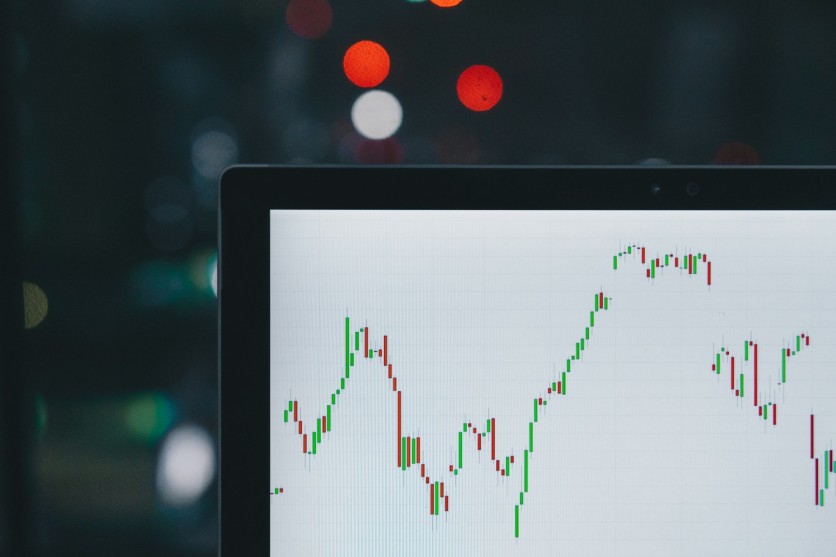
Let's start with a good statistic—in Q1 2024, statistics show CEO confidence is above 50. The Small Business Confidence Index reading reached 47 out of 100, the highest since Q4 2020. Biden winning the elections caused a mammoth dip in market confidence.
And 2023 was a tricky year, with inflation recovering from a two-decade record-breaking high in 2022.
That was only the US—the global inflation rate predictions were as high as 6.5% in 2023—no wonder market confidence dropped.
Still, here we are, with new highs in Q1 of 2024 and the forecast looking good. Global inflation should decrease to 5.8% by the end of 2024.
So, let's explore three reasons market confidence is so high in Q1 of 2024.
Confidence Is Rising
Confidence in the stock market has been surging following the S&P 500, reaching a record high of 1.2% to 4,838, signalling a gradual improvement to the economic conditions of the States. Concurrently, in January, the University of Michigan's consumer sentiment index saw a significant 13% increase, marking its highest level for around two and a half years (since July 2021). The last two months, in particular, have seen a remarkable cumulative increase of just under 30%. It hasn't been that good since 1991.
As inflation rates go down, consumer confidence grows. Some economists attribute this positive outlook to President Biden's economic recovery program, despite initial scepticism from voters, although what voters truly think is an 'only time will tell' situation.
What's more, faster growth is on the forecast from the National Association for Business Economics, alongside shrinking inflation and healthy job creation in 2024, which stand in stark contrast to our widespread fears of a recession last year. With inflation expected to decline to 2.4% this year and other economic indicators pointing towards stability, Americans are experiencing a newfound confidence in the economy, bolstering their trust in the stock market.
2023 Laid a Solid Groundwork for 2024
If you ask CEOs, 2023 wasn't a positive year, but that's not to say that everyone considered it to be a damp squib. For instance, if you look at FINQ's 2023 financial analysis report, 2023 was a particularly strong year for the company—not least of all given the fact that, as a whole, their portfolios outperformed the S&P500 by at least 1.19x. 2023 also laid the groundwork for a positive Q1 2024 for the company; the report is extensive, but some key positives it picked out of 2023 make for very interesting reading.
You might remember the fall of Credit Suisse that caused a plummet in stocks across mid-banks in the US—UBS acquired Credit Suisse and put confidence back into the banking sector.
The US government also suspended the debt ceiling, eradicating immediate concerns about government default and economic instability.
OpenAI launched ChatGPT-4, showing massive advancements in AI and boosting investor confidence in the tech sector, which has since exploded with generative AI technology.
And that's just the tip of the iceberg. The report offers a balanced though positive outlook for the coming months.
A Better Outlook
Yes, you can argue that interest rates are still high—but look at the statistics we gave you in the introduction. In the US, the average consumer price inflation should be 3.0% by the end of 2024, with a prediction to drop to 1.8% in 2025. We're definitely better off than 2023. it will be a gradual decline (it won't be until around autumn when we see a difference), but the positive point is that it is on the decline. Flashback to the beginning of the pandemic and the meteoric rise in global inflation to see how far it has come.
Those are the main reasons we believe market confidence is high in Q1 of 2024. It will be interesting to see how much changes over the course of 2024 and how much confidence continues to improve.
ⓒ 2025 TECHTIMES.com All rights reserved. Do not reproduce without permission.




